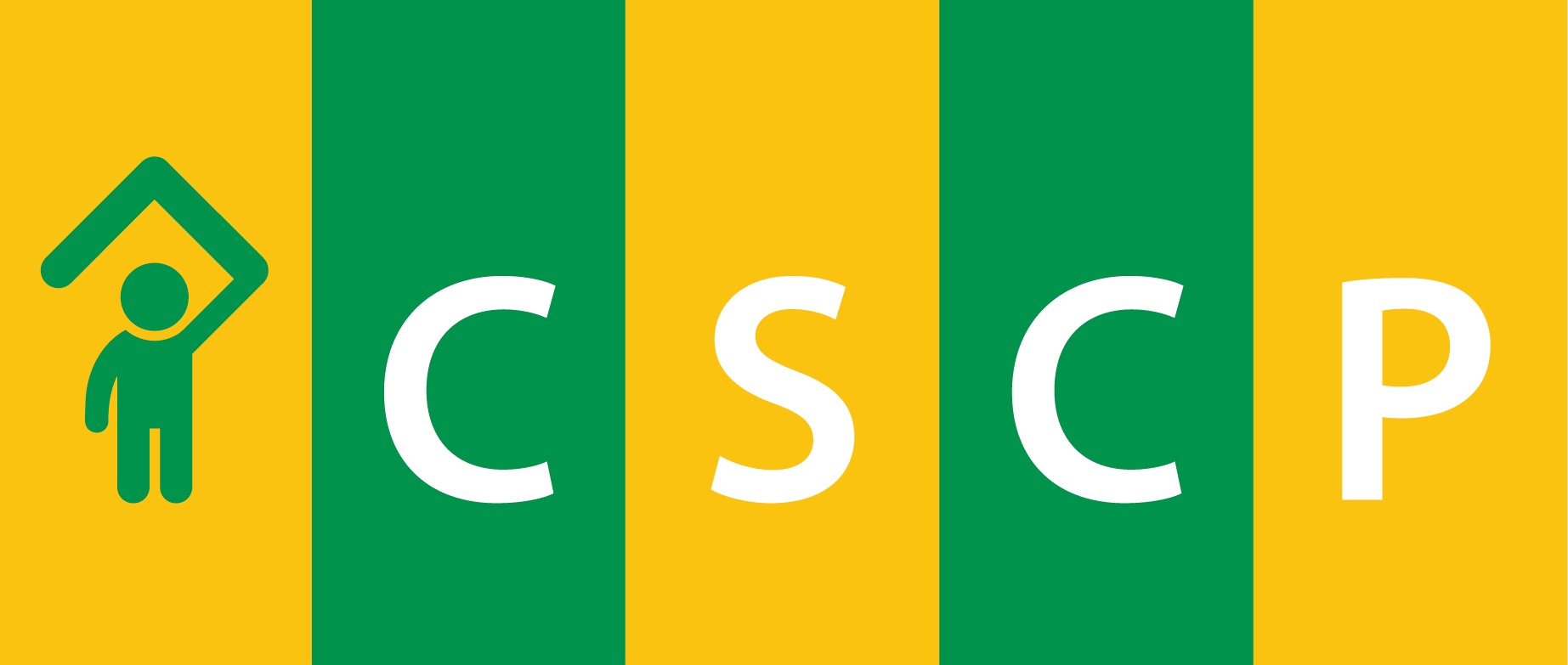Too often, information on trafficking in human beings is targeted at professionals only, leaving those who are affected the most left out, the victims. By providing contact information to service providers and hotline numbers in the Member States, the aim is to make this information easily accessible. If you are a victim of trafficking in human beings or want to report a crime in relation to trafficking in human beings you may use one of the national hotline numbers below. You can always be anonymous.
Austria
Telephone: + 43 1-796 92 98
IBF - Intervention Centre for Victims of Trafficking in Women
Belgium
PAG-ASA
Telephone: + 32 2 511 64 64
Payoke
Telephone: +32 3 201 16 90
Multilingual brochure for victims of human trafficking
Bulgaria
National Hotline for Victims of Violence( operated by Foundation “Animus Association”)
Telephone: 0800 186 76
National Hotline for Children (operated by the State Agency for Child Protection and Foundation “Animus Association”)
Telephone: 116 111
National Human Trafficking Resource Line: (operated by A21 Bulgaria)
Telephone: 0800 20 100
Czech Republic
La Strada SOS Hotline
Telephone: +420 222 71 71 71
Estonia
Human Trafficking Prevention and Victim Help Hotline
Telephone: +372 6607 320
Finland
System for victim assistance
Telephone: +358 71 876 3170
France
National Coordination for protection of victims of human trafficking hotline (Ac.Sé):
Telephone: 0825 009 907
Greece
National Center for Social Solidarity (EKKA/National Referral Mechanism)
National Line for child protection: 1107
Direct Social Aid Line: 197
General Secretariat for Gender Equality:
SOS helpline: 15900
Human Trafficking Resource Line (operated by Α21 Campaign):
1109 (for international calls please call 0030-2310-019880)
Hungary
Hotline telephone number for victims of domestic violence or Trafficking (Available 24/7) in Hungary:
Telephone: 06-80/20-55-20
Crisis Management and information hotline
Abroad: 0036 80/20-55-20
Ireland
Hotline for the confidential reporting of suspicions of trafficking:
Telephone: 1800 25 00 25
Department of Justice Ireland website
Italy
National hotline against trafficking
Telephone: 800 290 290
Latvia
Hotline against trafficking (in Latvian)
Telephone: 80002012
Lithuania
Klaipedasocial and psychological services centre
Telephone: 8 800 6636
Lithuanian Criminal Police Bureau mailbox - provides information in connection with human trafficking.
Email: prekybazmonemis@policija.lt
Luxembourg
Luxembourg national contact for expertise in the field combating and preventing trafficking in Human Beings (Police Grand-Ducale)
Telephone: +352 4997 6210
Out of hours contact: Centre d' Intervention National: +352 4997 2341
Malta
Malta Vice and Economic Crime, Police General Headquarters, contact for victims of human trafficking or reporting a crime in relation to human trafficking
Telephone: +356 2294 2000
Netherlands
CoMensha (in Dutch)
Telephone:+31 33 4481186
Poland
National Intervention and Consultation Centre for Victims of Trafficking
Telephone: +48 22 628 01 20
Portugal
Hotline against trafficking
Telephone: 800 202 148
SOS Imigrante, the hotline for all migrant situations
Telephone: 808 257 257
Romania
Hotline against trafficking
Telephone: 0800 800 67
Slovakia
Slovak Crisis Center DOTYK
Telephone: + 421 903 704 784
Slovenia
KLJUČ KEY- Society, Centre for the fight against trafficking in persons
Telephone: 080 17 22
Spain
Institut de la Femme
Telephone: 900 191 010, 900 152 152
Sweden
National Support line, a national telephone support line for women who have been subjected to threats and violence
Telephone: 020 50 50 50
Terrafem, a non-profit organisation that runs a national helpline for immigrant women:
Telephone: 020 52 10 10
Report child trafficking (in Swedish)
For more information please visit the website of the National organisation for Women’s and Girls’ Shelters
United Kingdom
Modern Slavery Helpline operates 24/7 and is confidential:
Telephone: 08000 121 70
The hotline is is open to calls from victims, on behalf of victims, the general public, law enforcement, statutory agencies, and business. It is backed by the UK Government, Police, NCA and NGO’s and is the one number all agencies want to coalesce around.
South Africa
National Human Trafficking Resource Line
Telephone: 0800222777
0800222777 website
Nigeria
NAPTIP National Agency for the Prohibition of Trafficking in Persons
Telephone: +234 703 0000 203
National Agency for the Prohibition of Trafficking in Persons (NAPTIP) website
Serbia
Astra – Anti Trafficking Action
Telephone: +381 (0) 11 785 0000
Telephone: +381 (0) 800 101 201
Anti Trafficking Action website
